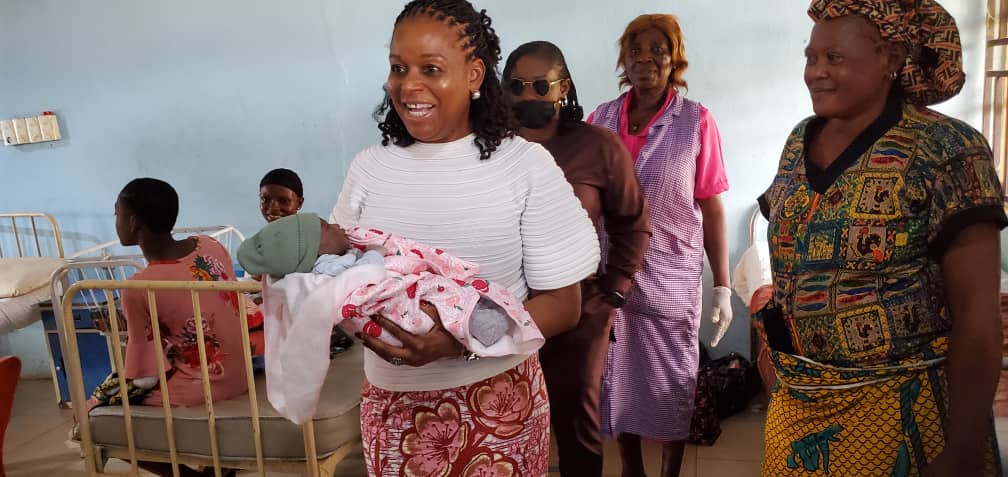
The Federal Government has announced sweeping reforms to strengthen Nigeria’s health security, launching of a National Genomic Surveillance Strategy, expanded laboratory networks, and a trained health workforce to better respond to public health threats.
Coordinating Minister of Health and Social Welfare, Prof. Muhammad Ali Pate, disclosed this on his official X handle while briefing Nigerians and the international community on ongoing health reforms under President Bola Tinubu’s administration.
Pate said the reforms aim to build a resilient and agile health system capable of detecting and responding to emerging and re-emerging diseases, while also positioning Nigeria as a key player in global health security.
He revealed that the National Genomic Surveillance Strategy and the newly established Nigeria Genomics Consortium would revolutionize disease detection, monitoring, and response nationwide. Nigeria has also integrated genomics into its antimicrobial resistance (AMR) surveillance and is set to host the 5th Global Ministerial High-Level Conference on AMR in Abuja in 2026.
While stressing the importance of international partnerships, Pate noted that Nigeria is mobilizing domestic resources to safeguard its population of over 200 million.
Highlighting the Nigeria Centre for Disease Control’s (NCDC) achievements, Pate said the agency had inaugurated the Integrated Disease Reference Laboratory in Lagos, set up new diagnostic laboratories for Mpox and Lassa fever, and optimized facilities in 13 states to reduce outbreak confirmation times.
The NCDC has also earned ISO 15189 accreditation for its National Reference Laboratory, secured a five-star rating for the Central Public Health Laboratory, and developed a real-time laboratory data management system for epidemic-prone diseases.
The Nigeria Preparedness and Readiness Alert System (NPRAS) is operational in eight vulnerable states, helping inform hazard profiles and guide donor support.
Pate emphasized the need for collaboration between federal and state governments, noting that the NCDC operates within the Ministry’s Sector-Wide Approach (SWAp) framework, which the World Health Organization has recognized as a global model for early action review.
READ ALSO: PDP Elders Urge NWC to Ignore Calls for Dissolution of Anambra Executive
House of Reps Denies Division, Reaffirms Unity Under Speaker Abbas Tajudeen
On workforce development, he said over 325 Infection Prevention and Control (IPC) focal persons from tertiary, secondary, and private facilities are undergoing certification training, contributing to Nigeria’s improved Joint External Evaluation (JEE) score, which rose from 39% in 2017 to 54% in 2023.
“These reforms represent President Tinubu’s compact with Nigerians to strengthen national institutions, prioritize merit, and reinforce processes to safeguard our people and advance global health security,” Pate said.





